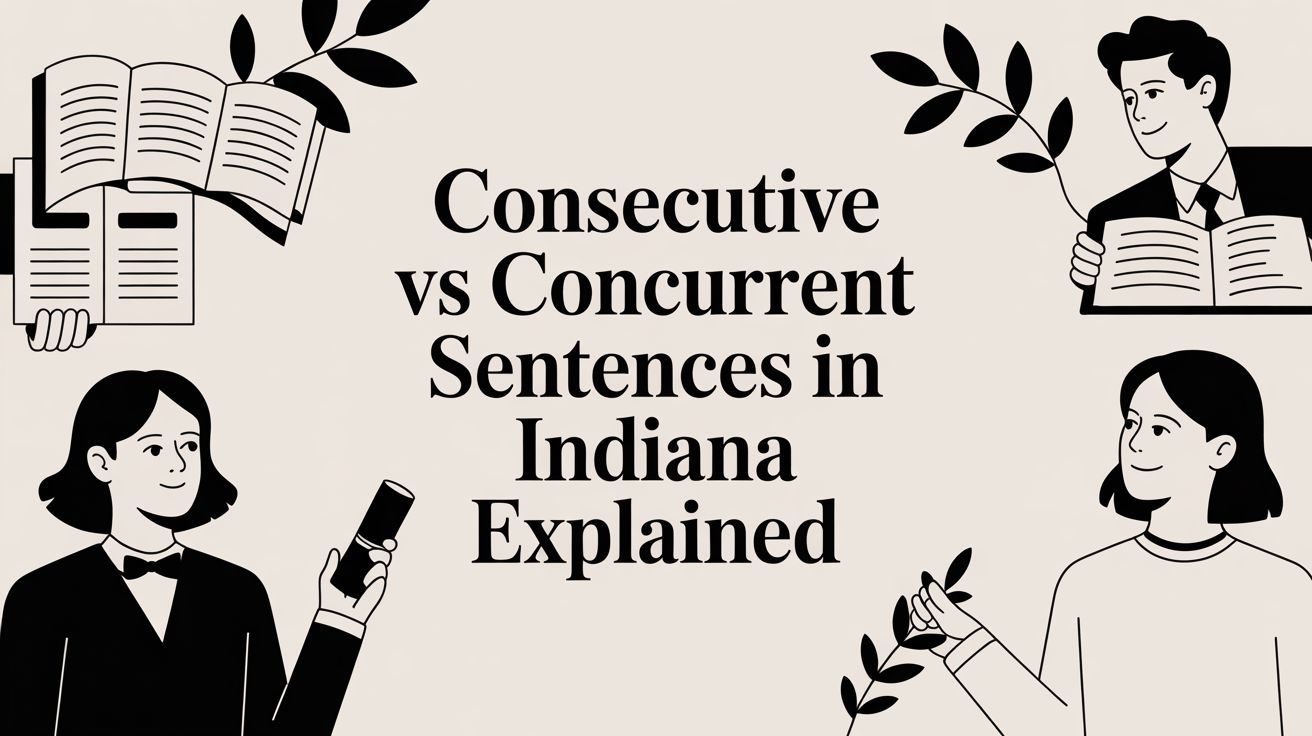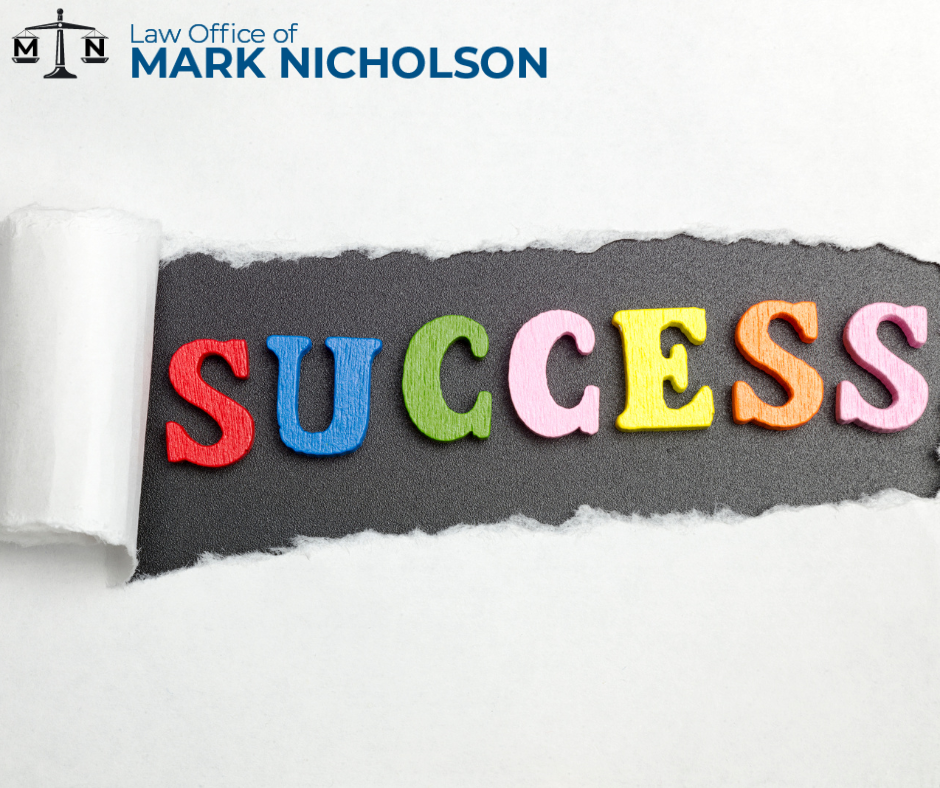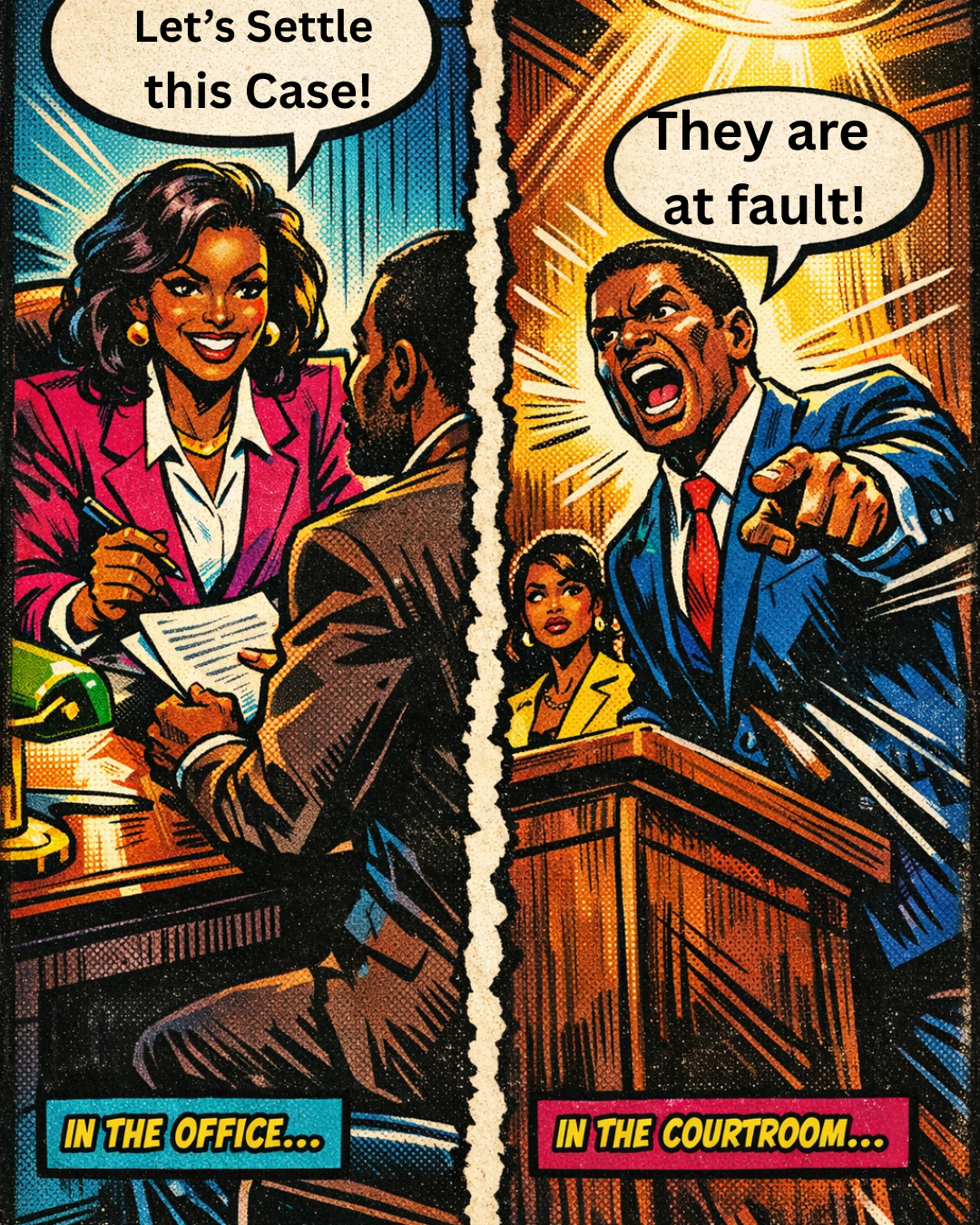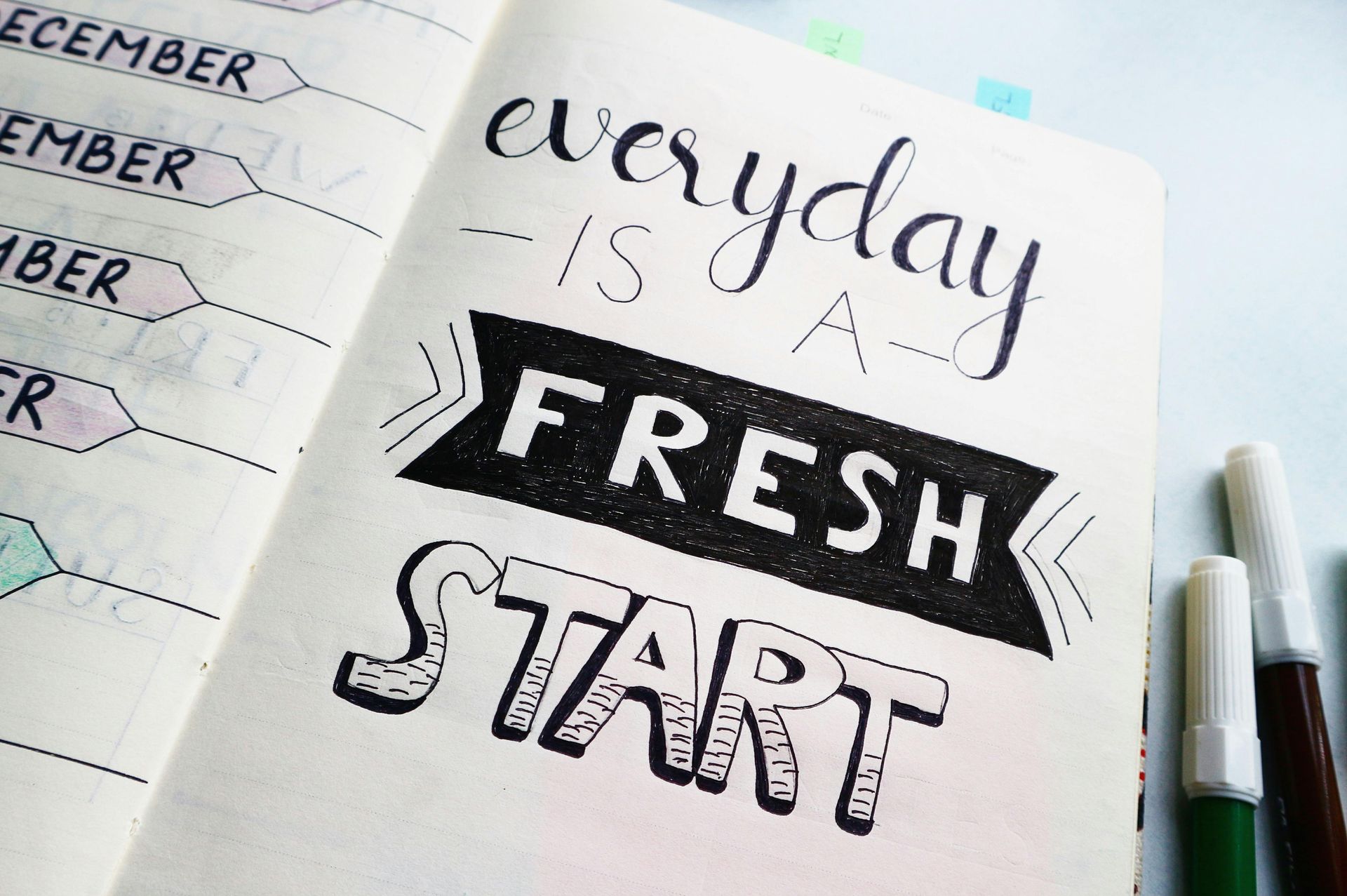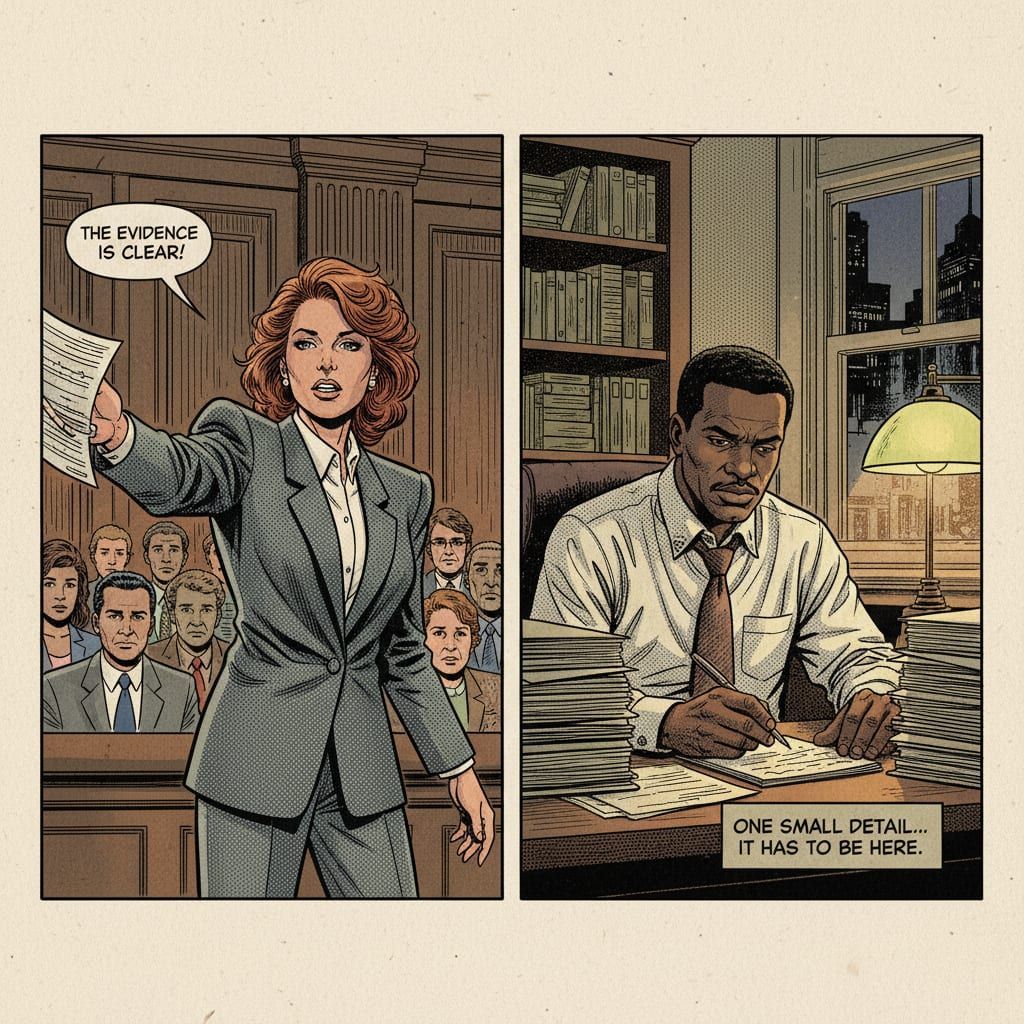The Journey of a Court Case: A Legal Proceeding
A Summary of the Steps in a Court Case

Navigating the legal system can be a daunting task. The process is often complex and filled with jargon.
One of the most critical stages is when a case goes to trial. But what exactly happens during this phase?
In this article, we'll demystify the trial process. We'll walk you through the journey of a court case, from start to finish.
Whether you're a student, a potential juror, or just curious, this guide will provide a clear understanding of legal proceedings.
Understanding the Trial Process
A trial is a formal process where parties present evidence to a judge or jury. The goal is to resolve disputes and determine guilt or liability.
The trial process varies depending on the type of case. However, it generally involves several key steps. These include jury selection, opening statements, presentation of evidence, and closing arguments.
Understanding these steps can help demystify what happens when a case goes to trial. It can also provide insight into the complexities of legal proceedings.
Civil vs. Criminal Trials: What's the Difference?
Civil and criminal trials serve different purposes in the legal system. Civil trials resolve disputes between individuals or organizations. They often involve matters such as contracts, property, or personal injury.
Criminal trials, on the other hand, deal with offenses against society. The government brings these cases and can result in penalties like imprisonment or fines. The burden of proof is also higher in criminal trials, requiring evidence "beyond a reasonable doubt".
The Steps of a Trial: From Jury Selection to Verdict
A trial follows a structured process. This process ensures fairness and transparency in the legal proceedings. It also provides a framework for presenting evidence and arguments.
The steps of a trial typically include:
- Jury selection
- Opening statements
- Presentation of evidence and witness testimony
- Closing arguments
- Jury deliberation and verdict
Each step plays a crucial role in the trial process.
Jury Selection: The First Step in a Trial
Jury selection, or voir dire, is the first step in a trial. It involves questioning potential jurors to ensure they can be impartial. The goal is to form a jury that will fairly evaluate the evidence and testimony.
Opening Statements: Setting the Stage
After the jury is selected, the trial begins with opening statements. The prosecution or plaintiff goes first, followed by the defense. These statements provide an overview of the case and set the stage for the evidence to come.
Presenting Evidence and Witness Testimony
The presentation of evidence and witness testimony is the heart of the trial. Both sides present their case, with the prosecution or plaintiff going first. The defense then has the opportunity to cross-examine witnesses and challenge the evidence. Each side is trying to prove the case with their physical evidence and witness testimony.
Closing Arguments: The Final Persuasion
Closing arguments are the last chance for each side to persuade the jury. They summarize the evidence and testimony and argue for a specific verdict. Like the opening statements, the prosecution or plaintiff goes first, followed by the defense.
Jury Deliberation and Reaching a Verdict
After closing arguments, the jury deliberates. They review the evidence, discuss the case, and ultimately decide on a verdict. This decision must be unanimous in a criminal trial if the defendant committed the crime. In other words, guilty or not guilty. In civil cases, before announcing the verdict, the parties may agree to accept the verdict or the finding of the majority.
After the Verdict: Sentencing and Appeals
Once a verdict is reached, the trial is not necessarily over. In criminal cases, if the defendant is found guilty, the court moves to the sentencing phase. The judge determines the appropriate punishment based on guidelines and the specifics of the case.
In both criminal and civil trials, the losing party has the right to appeal. An appeal is a request for a higher court to review the trial proceedings for any legal errors. It's not a retrial, but a review of the legal process to ensure it was fair and correctly applied.
The appeal process can take months or even years, adding to the length and complexity of the trial process.
The Impact of Going to Trial
Going to trial can have significant impacts on all parties involved. Beyond the legal outcomes, trials can be emotionally draining and time-consuming. They often require a substantial commitment of resources, including financial costs for legal representation and potential lost wages.
Moreover, trials are public proceedings. The details of the case, including potentially sensitive information, become part of the public record. This exposure can have lasting effects on the personal and professional lives of those involved.
Alternatives to Trial: Plea Bargains and Settlements
Trials are not the only way to resolve legal disputes. In many cases, parties may opt for plea bargains or settlements. These alternatives can save time, reduce costs, and provide a more predictable outcome.
However, they also involve compromises. Parties may have to accept less than they initially sought or admit guilt to lesser charges.
Conclusion: The Significance of the Trial in the Legal System
The trial process is a cornerstone of our legal system. It ensures that disputes are resolved fairly, and that justice is served.
Understanding what happens when a case goes to trial is crucial. It helps us appreciate the complexities and importance of this fundamental legal procedure.
If you need a trial attorney, please contact the
Law Office of Mark Nicholson
at 317-219-3402. He fights against a Travesty of Justice!



